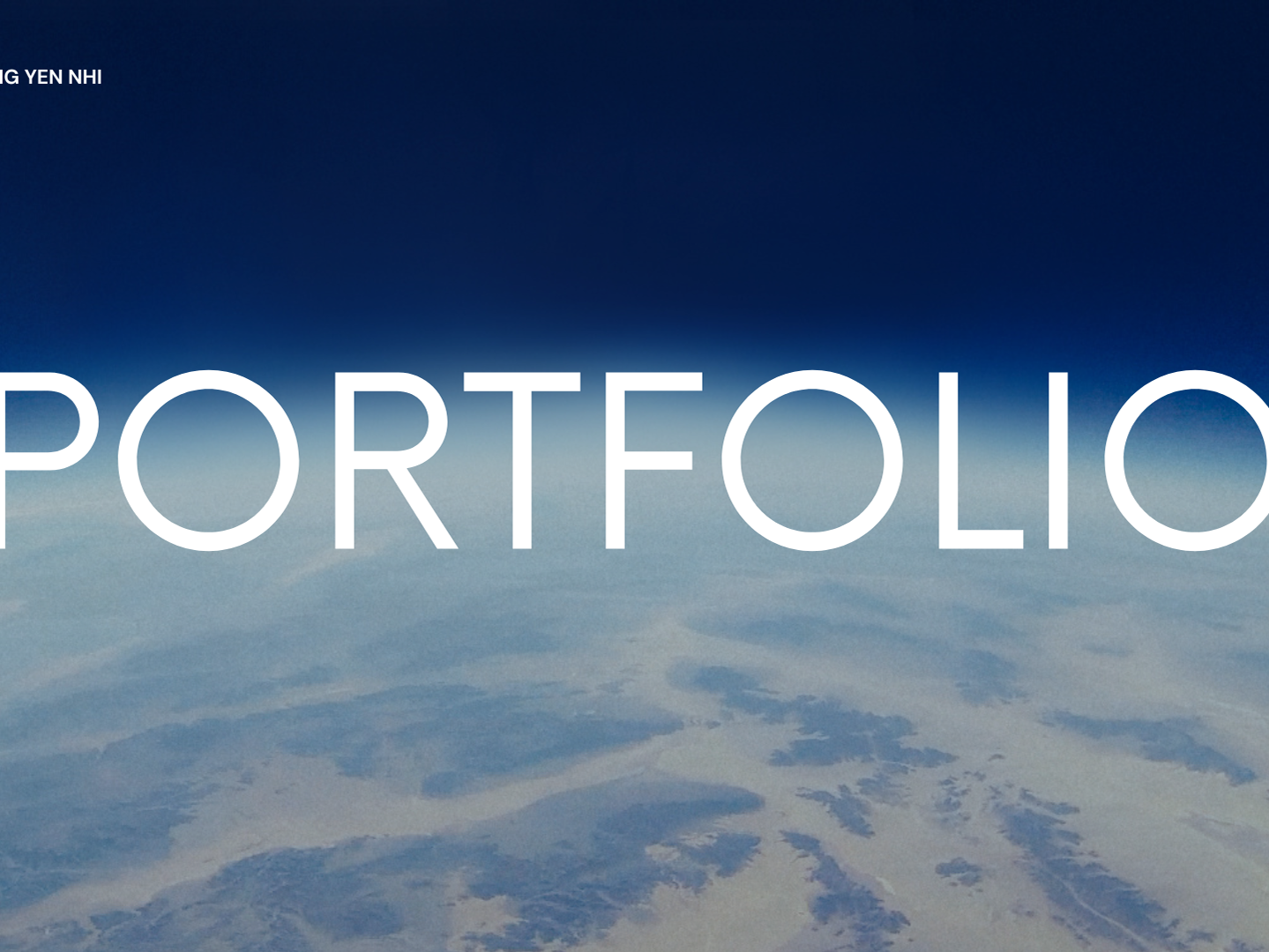What were two points from this week's reading that stood out to you as particularly important and/or interesting? Why so?
O’Shaughnessy, Stadler & Casey 2016, "Media and Society", pages 109 - 111 provide information about technological determinism and the digital divide:
In addition to reshaping social life and driving social change, technological determinism also has an impact on organizing many systems of knowledge and power. Everything has both advantages and disadvantages so technological determinism is not an exception. Via the essential reading of this part, we can gain insight into technological determinism. Even though there are some arguments that technology controls the development of society instead of society controls the way technology is developed and used, according to O’Shaughnessy, Stadler & Casey, technology and society support each other's development rather than one drive being driven by the other
The digital divide has divided users into two groups: "digital immigrants" and " digital natives". A "digital immigrant" is a person who began using computers, the internet, and other digital technologies as an adult but did not grow up with them. The old generation is the primary example. In contrast, a “digital native” is a person who has spent their entire life around digital technology, computers, etc. which includes people under 25 years old and between 25 - 40 years old. While the digital natives master at using digital devices, the digital immigrants take a lot of time to do that. These terms are so familiar in reality.
References:
O'Shaughnessy, M, Stadler, J, & Casey, S 2016, Media and Society, Oxford University Press, Melbourne. Available from: ProQuest Ebook Central. [29 September 2023].
What are hot and cool media? In your own words, what does 'technological determinism' mean?
"Hot media" is highly academic and the audience is just partly engaged in the part of the information, they do not participate in the content itself. Furthermore, people just engage one sense or more senses intensely in "hot media" (McLuhan 2013). For the radio, the audience only uses their ear to listen and can not reply or react directly to the radio. It is a different situation for "cool media" where the participants can engage more senses. They can show their emotion, interact with the information, and do not need too much time to understand the content. In addition, the "cool media" also have visualized photos for their content, and almost all of them do not use too much academic information (McLuhan 2013). On Facebook, people can send comments, and reaction share the post and understand all the content thoroughly, or even they can contribute to that post.
Media is categorized as "hot" or "cool" depending on how everyone interacts with it. For example, we take Facebook as an example of "cool media" but if the owner of the Facebook blog does not want the other users to interact with them they lock all the comments, share, or reaction buttons on the page. Then, immediately, Facebook is considered "hot media" in this situation instead of "cool media".
Technological determinism is the term that shows the relationship between "technology" and "society"; therefore, it has two meanings. The first one means technology has the power to change society and promote the development of social change negatively, which means one will limit the development of the other. On the other hand, it can be understood as the way technology and society support each other to develop simultaneously. Moreover, people use their creativity to develop the technology and then the technology helps people enhance their sense and knowledge.
References:
McLuhan, M 2013, Understanding Media : The Extensions of Man, Gingko Press, Corte Madera. Available from: ProQuest Ebook Central. [29 September 2023].
Marshall McLuhan and Raymond Williams famously disagreed about the power of media technology to shape society. What were their positions? Who do you agree with more?
In McLuhan's perspective, each media has unique effects on society, altering both individual perception and social structures, and has a huge impact on how people think, communicate, and see the world. McLuhan was upbeat about the possibility of new media technologies to create a global village where different people may interact meaningfully and exchange ideas, while in Williams’s view, media's impact is influenced by social and economic contexts, potentially leading to power concentration and suppression of alternative perspectives through media ownership. He underlined the value of critical media literacy and media education in helping people understand and question how media technologies shape public opinion.
In this situation, I keep a neutral point of view. The different opinions will have their advantages and disadvantages. For me, media can not change the way we think since it is just a tool. The one that affects us is the content in the media, which is affected by the ruling class. Although the new media can indeed create a "global village" where we can have space to enhance our senses and knowledge, we also need to have critical thinking to understand how media technologies were used to shape our opinion.









